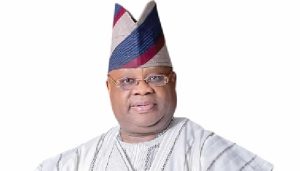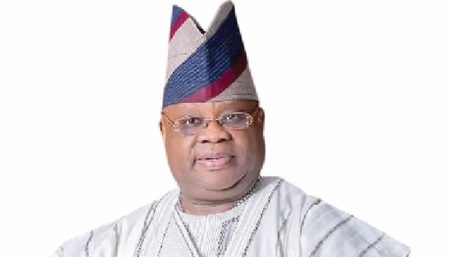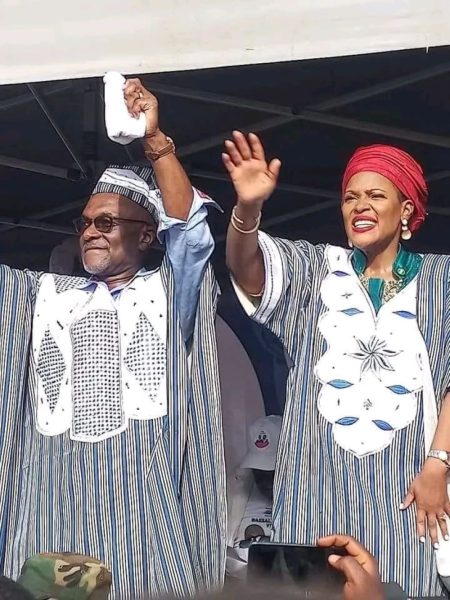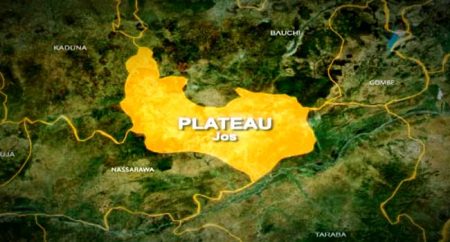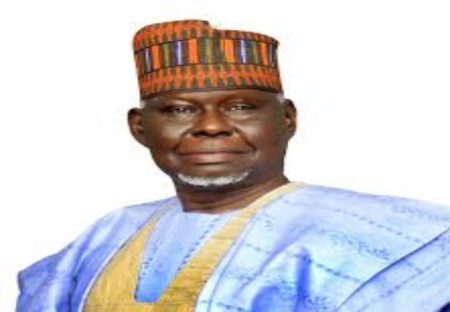The discussion surrounding the Ghana Hydro Authority Bill and associated legislative proposals has reached a significant turning point, as the Senior Staff Association of the Volta River Authority (VRA) cautiously welcomes the Ministry of Energy’s recent request for Parliament to suspend the contentious bill. This move comes amidst mounting resistance from vital stakeholders, particularly senior staff members at the VRA, who have raised serious concerns about the implications of the proposed changes. The legislative landscape includes several critical bills aimed at restructuring Ghana’s energy sector, notably the Ghana Thermal Authority Bill, Ghana Power Distribution Authority Bill, and Ghana Energy Regulatory Authority Bill. Each of these proposals seeks to reshape ownership and management of energy resources, which the VRA believes could disrupt the stability and efficiency of the sector.
The Ghana Hydro Authority Bill proposes significant modifications, such as merging the Electricity Company of Ghana (ECG) with the Northern Electricity Distribution Company (NEDCo) and establishing a separate thermal power authority from VRA’s thermal assets. This restructuring has raised alarms among the VRA staff, who argue that these changes could weaken national energy security. The association has been outspoken against the bill, advocating for its complete withdrawal rather than a mere suspension. The Chairman of the Senior Staff Association, Theophilus Tetteh Ahia, emphasized during an interview that the proposal stands to do more harm than good and reflects the longstanding position of the staff against the legislation.
Ahia’s concerns extend to the broader implications of the proposed mergers, positing that integrating VRA’s substantial thermal power production with other entities could destabilize the nation’s energy framework. He noted that VRA’s thermal plants, generating over 1,400 megawatts of power, are crucial to maintaining an efficient energy supply. The chairman cautioned that transferring these assets to private entities could introduce vulnerabilities and escalate energy costs for consumers, undermining the competitive edge that VRA has in the thermal generation sector. His argument stresses that VRA’s operations have historically provided lower thermal costs relative to Independent Power Producers (IPPs), and any shift in ownership might disrupt this balance.
Furthermore, the association has articulated its belief that the merger with Bui Power Authority and similar entities could hinder the progress and innovation currently being achieved in the energy sector. Bui Power Authority’s capacity of only 400 megawatts indicates that merging it with VRA’s assets could dilute the effectiveness and potential of both organizations. Ahia warned that such a merger could stifle developments like Bui’s pioneering work in floating solar projects, diminishing the potential for advancements in renewable energy generation.
The broader context of these legislative discussions reflects a pivotal moment for Ghana’s energy sector, where strategic decisions regarding ownership and management of energy resources could shape the future of energy security and pricing. Stakeholders such as the Senior Staff Association of the VRA seek to ensure that any restructuring enhances, rather than compromises, the stability of the energy supply for the nation. They urge government officials to consider the long-term implications of these changes, advocating for solutions that prioritize national interests and the welfare of Ghanaian citizens.
In conclusion, while the call for a suspension of the Ghana Hydro Authority Bill is a step toward addressing stakeholders’ concerns, the Senior Staff Association of the VRA firmly believes this is insufficient. The association argues for a complete withdrawal of the bill to safeguard the efficiency, affordability, and security of Ghana’s energy sector. As discussions continue, the association remains adamant that the integrity of the VRA as a critical player in the national energy landscape must be preserved to ensure that any restructuring truly serves the best interests of the people of Ghana.


